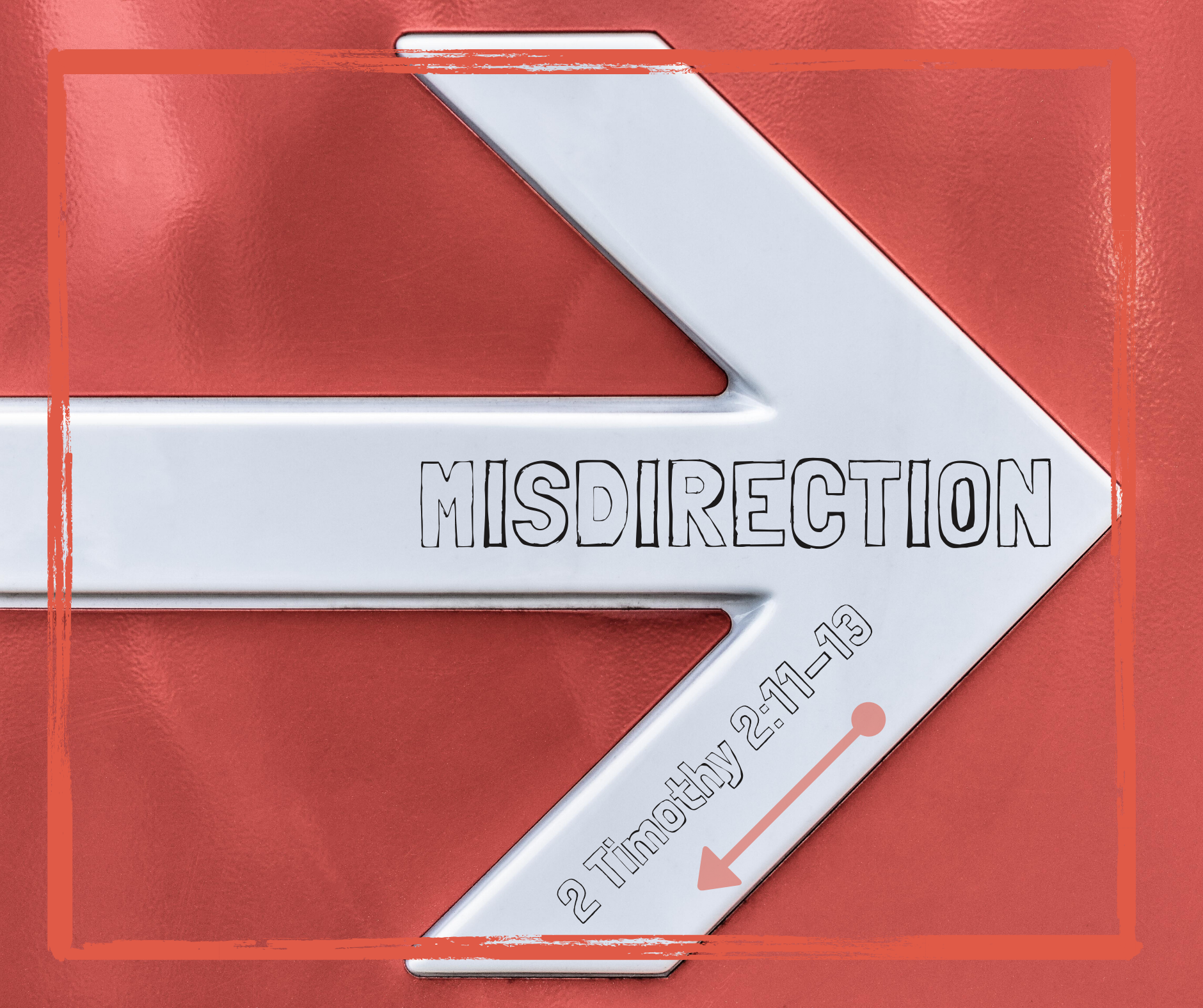In the book of 2 Timothy Paul writes the words “here is a trustworthy saying…” Wow, well with an intro like that it better be or let’s face it we will all be disappointed. It takes a lot of bravado to start any sentence this way and here is why: It takes away the magic.
Imagine going to see a magician and they say, before one of the tricks, here look at my best trick, this one is really good. Then what happens? Your expectations begin to rise and you begin looking extra careful to figure out the illusion. You are primed for disappointment.
Imagine going to see a comedian and they begin by saying listen to my funny joke. Once they says this, you are expecting to laugh, and when you don’t laugh–or laugh as hard as you thought you should–you find yourself disappointed.
The problem with using phrases like, “here is a trustworthy saying” or “get ready laugh” and “get ready to have your mind blown,” is that after they are said or written one must deliver because the anticipation becomes sky high. So, you might ask why do magicians, comedians, authors, and politicians use such rhetoric? One word: MISDIRECTION.
A magician might get your hopes up and then purposely disappoint an audience in order to provide a bigger pay off toward the end of the show by revealing a compound trick that you were not expecting after the first one fell flat.
A comedian will do the same thing. They will appear insecure and begin a set by being self-deprecating before impressing you with their quick wit. Being able to lead an audience through a wide range of emotions is what separates a good performer from a great performer. They must lull you to sleep before they wake you up with the punchline.
Paul does the same thing in this song, in the middle of chapter 2, by stating a series of if/then statements that lull you to sleep with their predictability. It’s the literary equivalent of a Backstreet Boys song…agreeable, safe, catchy but lacking the necessary bite that makes for a good lyric. Read the first three stanzas and try not to fall asleep. Then read the fourth… Go ahead…I’ll be waiting here:
IF: If we died with him,
THEN: we will also live with Him;
IF: If we endure,
THEN: we will also reign with Him.
IF: If we disown him,
THEN: He will also disown us;
IF: If we are faithless,
WAIT WHAT?: He will remain faithful, for He cannot disown himself.
Notice anything different? Sure, you do! It makes sense logically within the Christian worldview that if we die with or like Jesus we will also live with Jesus, eternally. This is the hope of the martyr. It also makes logical sense that if we stick it out and endure to the end of our lives that we will also be rewarded in kind. On the flip side it makes perfect sense to disown someone if they disown you. (YAWN)
You know what doesn’t make sense at all? His faithfulness when we are faithless. This is not logical. It breaks the parallel pattern in the rest of the song. The cause does not match the effect. And yet it reveals a truth about God which we were not expecting, even though the truth had been there all along, staring at us, directly in the face… HE IS CONSISTENTLY FAITHFUL EVEN WHEN WE ARE NOT!






